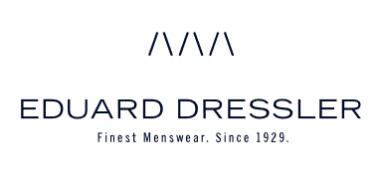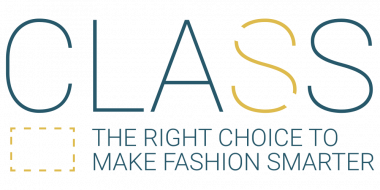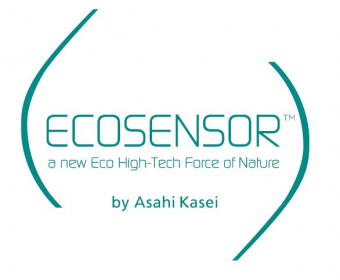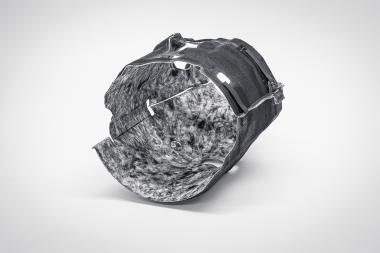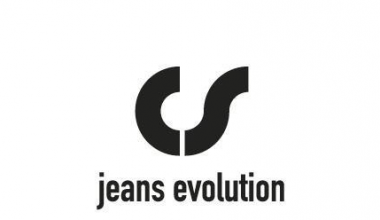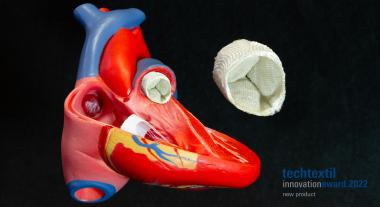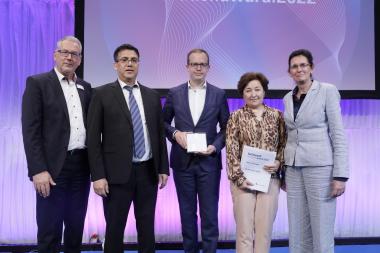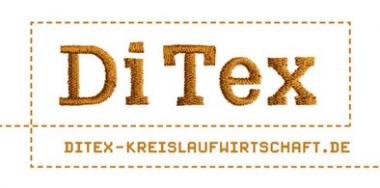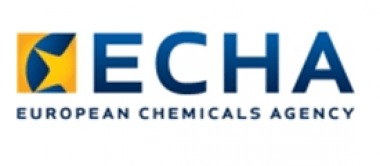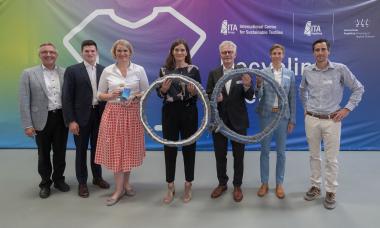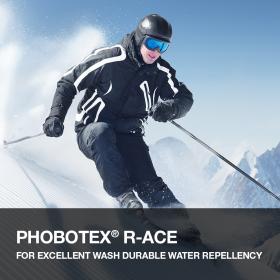Printing Expo Online doubles the size of Zone 2 with new exhibitors
- Printing Expo Online is expanding again by doubling the size of Zone 2 with new exhibitors and feature zones making it one of the largest virtual trade shows in the world.
Visitors will be able to visit the new Zaikio underground catacombs that are accessible from several portals around the show. Click on a New York taxi, a London Phone Box or a funky Hot Dog Van and you will be transported into the Zaikio cavern environment where visitors will be able to watch application videos, arrange demos and sign up to this amazing new cloud-based platform.
Another addition to Zone 2 is the new Software Technology Centre (STC). This feature area will grow over time to show a wide range of software solutions that are available on the market.
Joining Printing Expo Online in the STC for the launch is EFI Fiery, who are showing their full portfolio of software solutions.
Design’N’Buy are also a new exhibitor in the STC with their all-In-One Web2Print software solution that helps users leverage technology, people and processes for the multi-fold growth of your printing business.
Also moving into the STC will be PrintIQ who offer the modern print shop a solution for businesses that need to be able to grow and scale as needed without slowing down or sacrificing quality.
Another new addition to the show is the introduction of the Global Print Trade Club. This initiate is free to all Print Service providers around the world and offers the opportunity to network on a global scale.
New to the exhibition is Kornit Digital with their multi storey showroom which will shortly be opening its doors where visitors will be able to view Direct to Garment and Direct to Fabric printing equipment, technical data, case studies, clothing designs and applications as well as visit the Kornit dedicated auditorium where live streaming content will be shown of Kornit Digital’s Fashion weeks as they happen throughout the year.
Another addition is the new application journey added to the Xeikon Innovation Centre at Printing Expo Online. Visitors will now be able to experience a virtual tour of a living room, kitchen, bathroom, and garage where Xeikon will show applications for commercial, label and Wall Deco products that can be produced on their digital print engines.
Printing Expo Online is open 24/7 365 days a year and has now welcomed over 60,000 visitors from all over the world and continues to grow not only its footprint and total visitor numbers, but also its relevance as an important resource tool for Print Service Providers from around the world that, for whatever reason, are unable to attend live events.
Printing Expo Online / Bespoke








